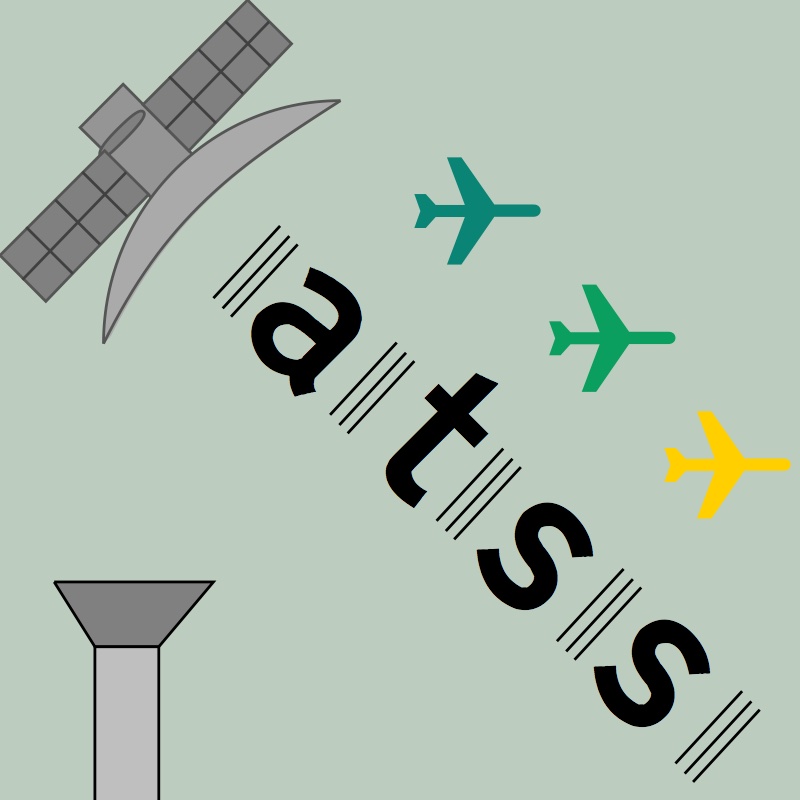Prospect is urging members to pay their subscriptions by direct debit rather than check-off.
Check-off is where workers authorise the employer to deduct union subscriptions from their salary and pay it direct to the union. The government is about to prohibit check-off in the whole of the public sector.
See our short video below to find out more. You can make the switch from check-off to direct debit online (You will need to log-in to the main Prospect website, not this ATSS Branch site) or call our membership team on 01932 577007.
This is the result of an amendment to the trade union bill which states: “No relevant public sector employer may make trade union subscription deductions from wages payable to workers.”
The detail of how the ban is to be implemented will be set out in regulations, which are likely to come into force during 2016, but not take effect until early 2017.
Check off has already been removed from much of the civil service, but the bill extends this to the whole of the civil service and all other parts of the public sector. It will also apply to private sector organisations with ‘functions of a public nature’, so there is a risk that the scope will include staff in NATS. Prospect’s employment law update gives more information.
Marion Scovell, head of Prospect Legal, said: “Banning check off is a wholly unjustified attack on unions. The government has not produced any evidence that it is the costly burden they claim and we understand employer costs are minimal.”


